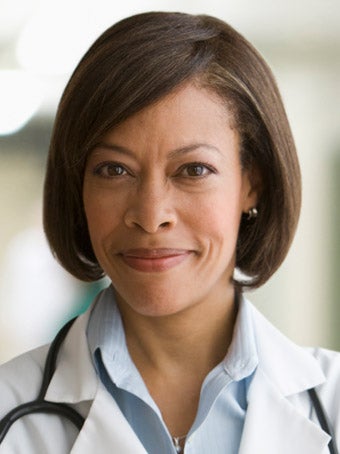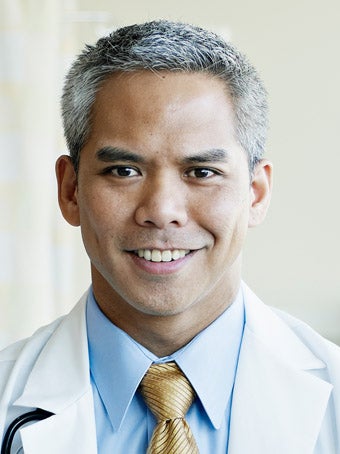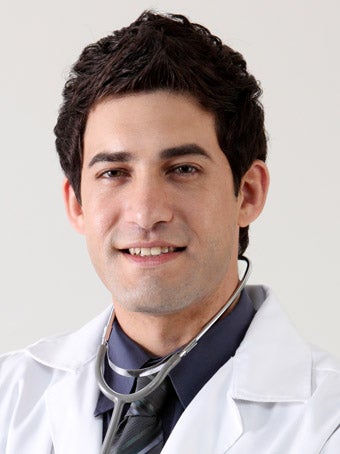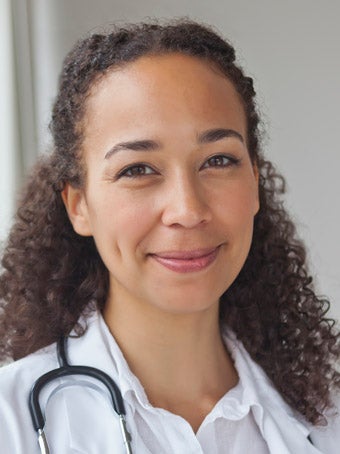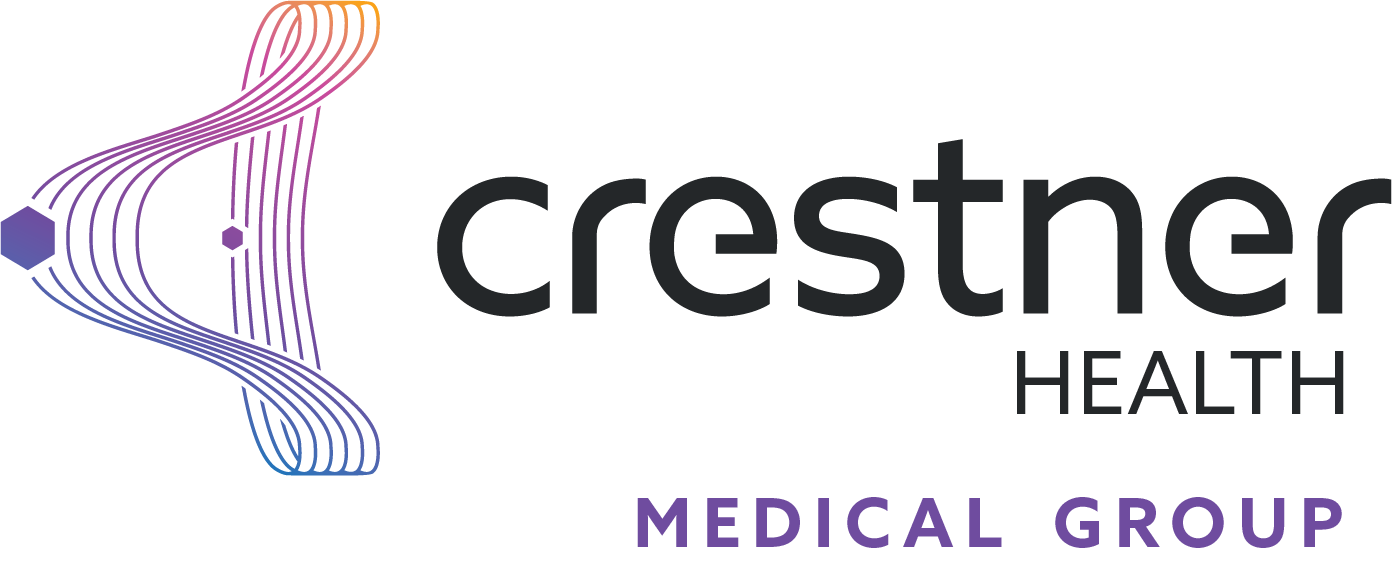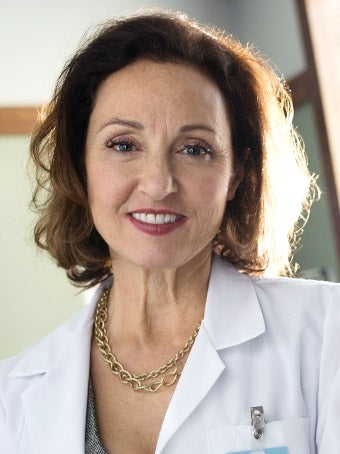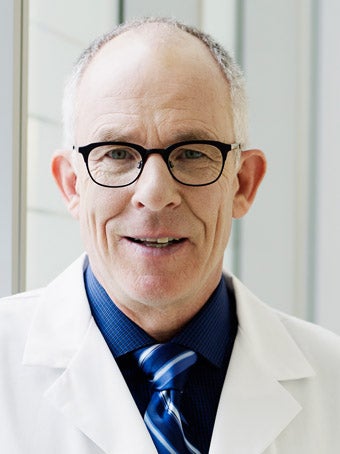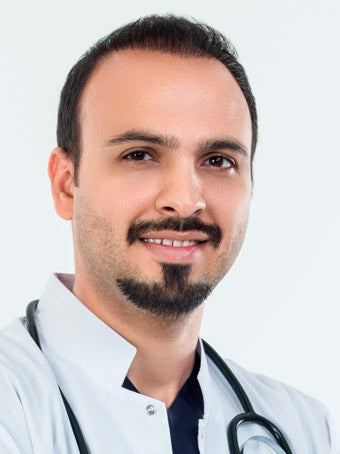Breast Cancer: Treatment Questions
February 15, 2023Talking with healthcare providers about cancer can be overwhelming. It can be hard to take in all of the information. It helps to be prepared. Make a list of questions and bring them to your appointments. Write the answers down.
Make sure you ask how treatment will change your daily life, including your activity, diet, work, and sex life. Ask how you will look and feel during and after treatment. Ask how well treatment is expected to work, and what the risks and possible side effects are.
You may want to ask a friend or family member to go with you. They can take notes and write down the answers, too. They might also ask questions you may not think of.
Below are some questions to get you started.
Deciding on treatment
-
What kind of breast cancer do I have?
-
What is the grade and stage of my cancer? What's my hormone and HER2 status? What does all this mean?
-
Has the cancer spread anywhere else in my body? If so, where?
-
How soon do I need to start treatment?
-
What are my treatment choices?
-
What treatments do you think are best for me? Why?
-
What are the goals of each of these treatments?
-
How will I feel during treatment? Will treatment change my daily life?
-
How will I look during and after treatment? Will I lose my hair?
-
Where will the scars be? What will they look like?
-
Is breast-conserving surgery an option for me?
-
Will my lymph nodes be removed? How many and why?
-
Will I need to take care of an incision or drains when I get home?
-
If I decide to have reconstructive surgery, how and when can that be done? Can you suggest a plastic surgeon?
-
Are there any long-term or permanent side effects?
-
Will treatment affect my ability to get pregnant or give birth? Would I be able to breastfeed?
-
Will I go through menopause because of treatment?
-
What is the success rate of this treatment for my type and stage of breast cancer?
-
What are the chances of the cancer coming back after this treatment?
-
What is the life expectancy for someone with my stage of cancer having this treatment?
-
Are there any clinical trials that might be right for me?
-
How much will treatment cost? Will my insurance cover it? How much will I have to pay for treatment?
-
Who can help me with insurance and cost questions?
-
Can you recommend a healthcare provider who could give me a second opinion about my treatment options?
-
Should I see a genetics counselor to talk about genetic testing?
-
Where can I find more information about breast cancer and what to expect?
-
Is it best to communicate with the healthcare team by phone, email, or patient portal?
Getting ready for treatment
-
Who will lead my overall treatment?
-
What is the length of the treatment period? When will it start?
-
How long will each treatment take?
-
Where do I have to go for the treatment?
-
Will I need to stay in the hospital? If so, for how long?
-
Who will give me the treatment?
-
What will treatment be like?
-
Does someone need to be with me during the treatment?
-
Can I drive myself to and from treatment? What if I have trouble finding transportation?
-
Can I take my other medicines, vitamins, and/or supplements during treatment?
-
What side effects should I watch for?
-
What can I do to help limit side effects?
-
What can I do to get ready to start treatment?
-
What should I do to keep from getting pregnant during treatment?
Coping during treatment
-
How will I feel during treatment?
-
How long will the side effects last?
-
Are there side effects that I need to call you about?
-
What number do I call? How can I reach you after hours and on weekends?
-
What can I do to ease side effects?
-
How will we know if the treatment is working?
-
Will I be able to go to work and be around my family?
-
Should I change my diet? What foods can’t I eat?
-
Should I exercise? What type of exercise should I do?
-
Are there support groups that I can join?
After treatment
-
How will I feel after the treatment?
-
How long could it take for me to feel better?
-
What type of follow-up will I need after treatment?
-
What kinds of healthcare providers will I need to see? Who will lead my follow-up care?
-
Am I at risk for swelling (lymphedema)? What should I watch for?
-
How will we know if the treatment worked?
-
What are the chances that the cancer will come back?
-
What long-term side effects should I watch for?
-
Are there limits to what I can or should do?
-
What can I do to get and stay healthy?
-
When is it safe for me to try to get pregnant?

